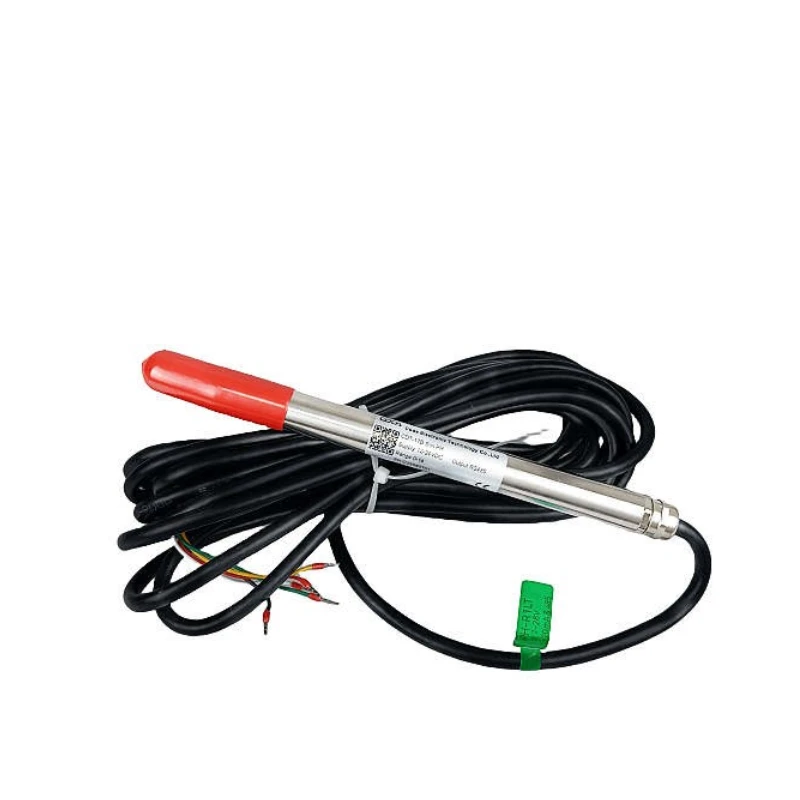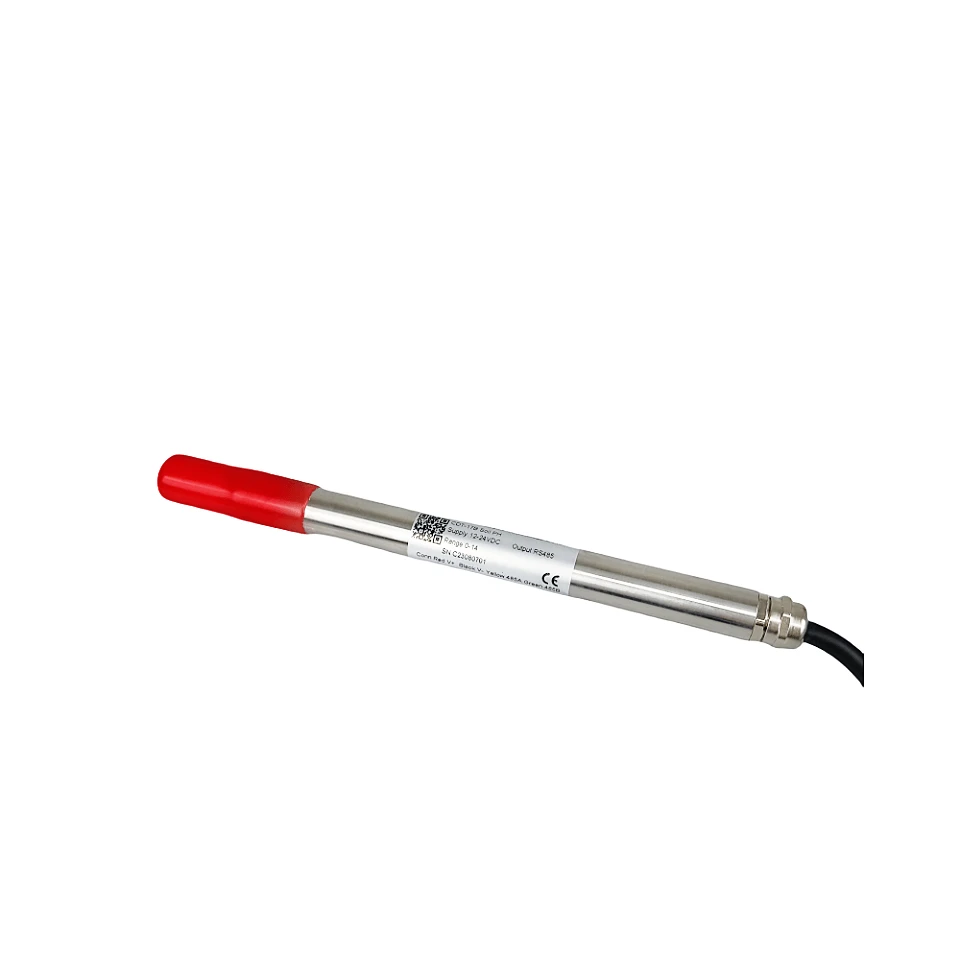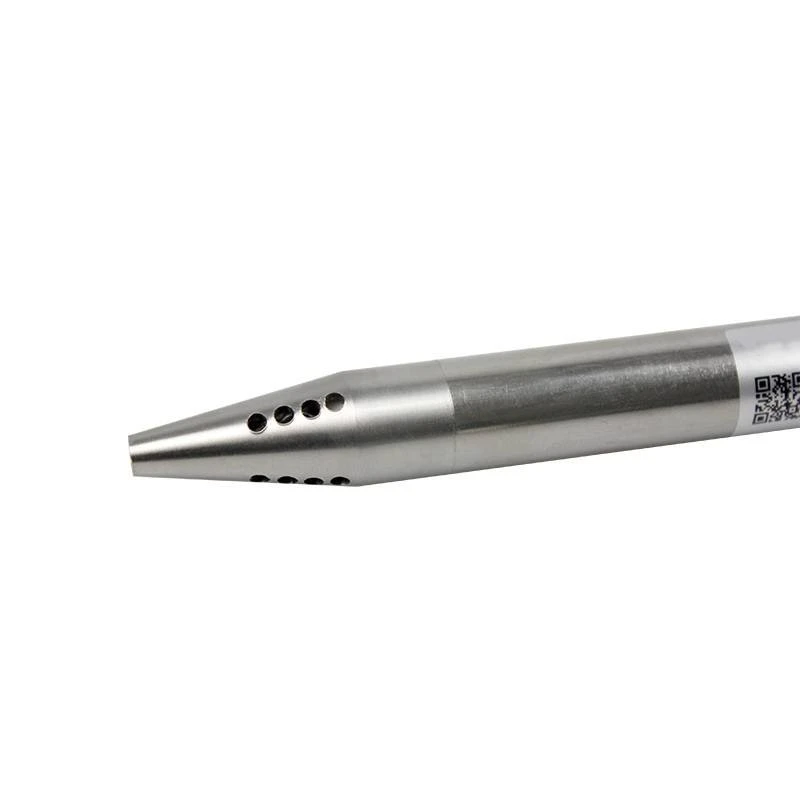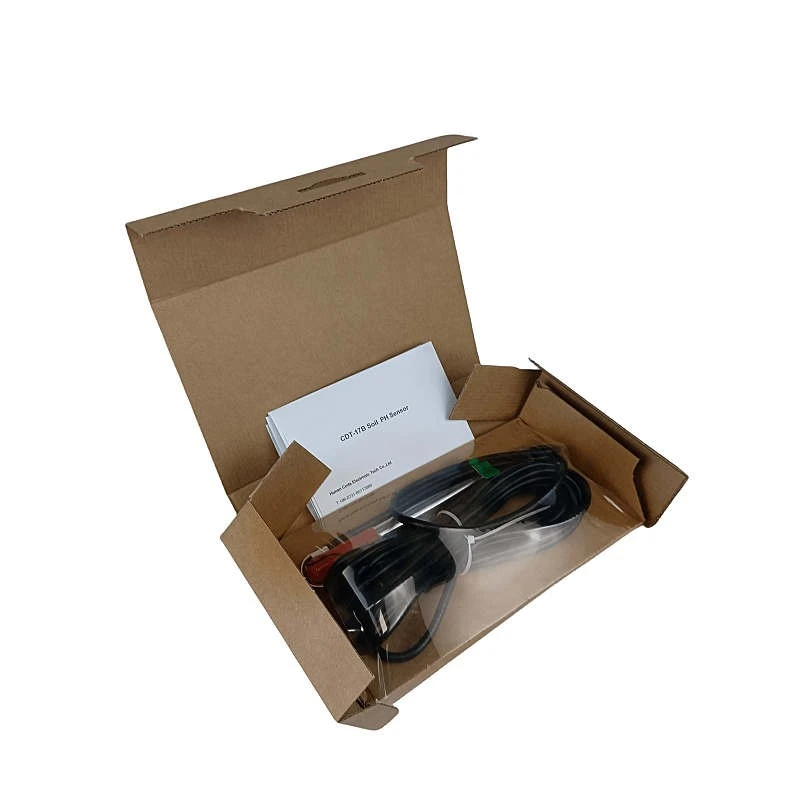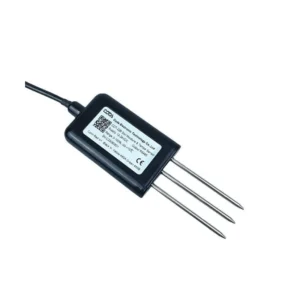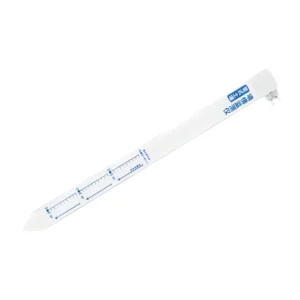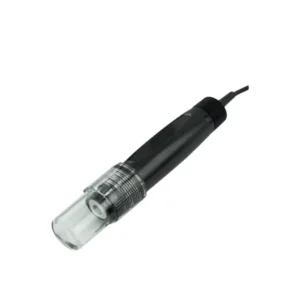Description
CDT-17B Soil PH Sensor
The CDT-17B soil pH sensor tester is a great tool for measuring pH levels. It uses a special glass that has low impedance. This sensor resists interference well and provides good consistency.
It also has thermal stability and does not need special calibration tools. The installation is simple, and it works well. You can use it to measure soil pH all the time. It is suitable for agriculture, environmental protection, and other areas.
Dimnsion & Mounting

Soil PH details show
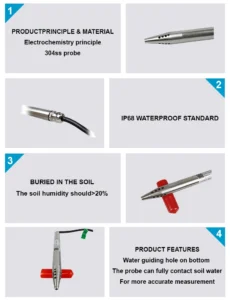
Application
Agricultural field:
◉In modern farming, soil pH meters are important tools for precision agriculture. Different crops need different pH levels in the soil. Blueberries grow best in acidic soils with a pH of 4.0 to 5.0.
Wheat grows best in soils with a pH between 6.0 and 7.0. Using soil pH sensors on farms helps monitor pH changes in real time.
◉Big changes in soil pH levels can predict agricultural disasters. Chronic acid rain or poor irrigation can greatly lower soil pH. This leads to soil acidification.
Soil pH sensors can notice changes over time. They send an early warning when the pH value drops below the crop’s safe range.
Forestry field:
◉Soil pH sensors are very important during the tree seedling process. They help find the best soil for seed germination and growth. Different tree species need different soil pH levels.
For example, pine trees grow well in acidic soils. In contrast, poplars can adapt to a wider range of soil pH values.
Environmental monitoring:
◉The change in soil pH can be linked to soil pollution. For example, in soils with heavy metal contamination, lower pH can increase heavy metal activity. This raises the risk of harm to the ecosystem.
Soil pH sensors can work with other pollution monitoring tools. Together, they help assess soil pollution and ecological risks.
Soil PH Sensor News
Smart Agriculture Industy Solution
Does your soil have a high pH? Fall is the best time to amend it.
